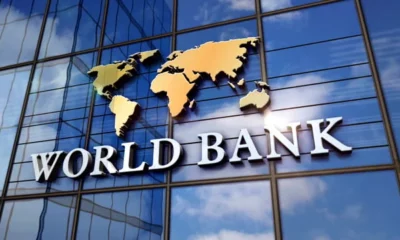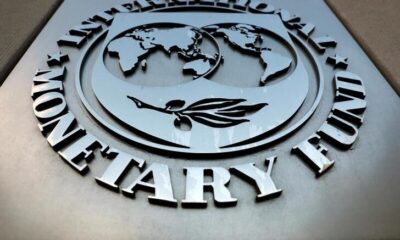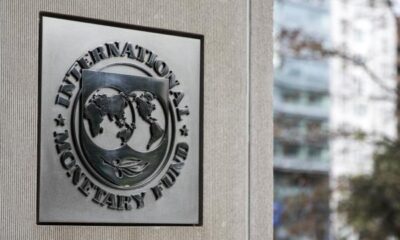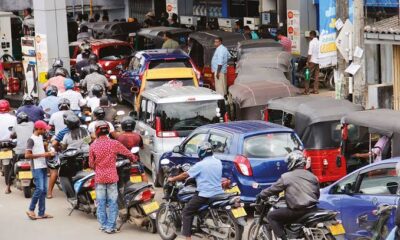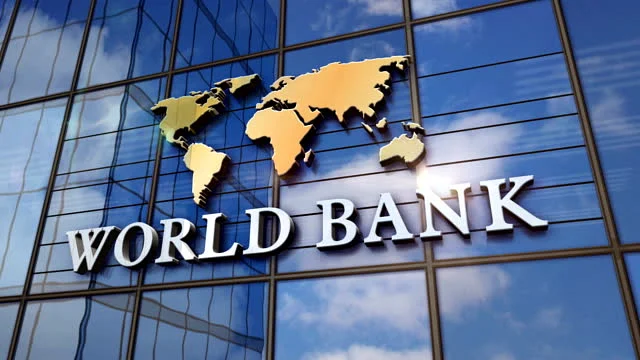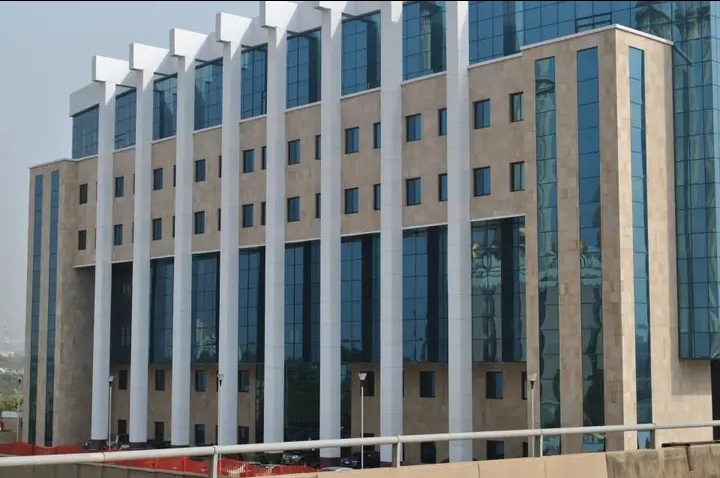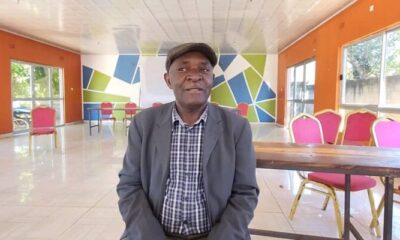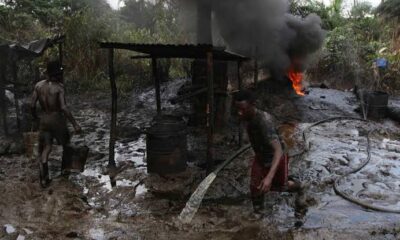Nigeria’s oil authority has clarified that the recent changes to diesel fuel sulphur content standards are part of a regional effort to make things more uniform and are not meant to loosen rules for local refineries.
A report from S&P Global last week said that the West African fuel market had changed a lot after Nigeria raised the maximum diesel sulphur content from 200 parts per million (ppm) to around 650 ppm. This caused worries that the country might be lowering its standards to allow diesel made in Nigeria that is higher than the 200 ppm limit.
The Nigerian Midstream and Downstream Petroleum Regulatory Authority (NMDPRA), on the other hand, said it was only following a 2020 decision by the Economic Community of West African States (ECOWAS) that all of the regions had to slowly switch to better fuels.
Fuels that have a lot of sulfur can hurt engines and make the air dirty. As of right now, the ECOWAS rule lets locally-made fuel have more sulfur until January 2025. After that, a standard of less than 5 parts per million will be used for all oil, whether it is refined in West Africa or brought in from another country.
Farouk Ahmed, the head of the NMDPRA, told Reuters that the new limits are in line with ECOWAS’s choice to require stricter fuel specifications. The new rules will go into effect in January 2021 for non-ECOWAS imports and January 2025 for ECOWAS refineries.
“We are merely implementing the ECOWAS decision adopted in 2020,” Ahmed said.
“So a local refinery with a 650 ppm sulphur in its product is permissible and safe under the ECOWAS rule until January next year where a uniform standard would apply to both the locally refined and imported products outside West Africa”, Ahmed said.
Ahmed said that importers were told that the amount of sulphur allowed was going down, from 300 parts per million in February to 200 parts per million this month. This was done long before the huge Dangote refinery started providing diesel.
Diesel with a sulphur level of between 1,500 ppm and 3,000 ppm could be brought in by importers before.
The switch to cleaner fuels is in line with efforts to protect the environment around the world and makes sure that all area refiners have the same chances.
Nigeria recently had its worst blackout in decades because of a problem with its energy supply. The high cost of alternative energy sources has been a huge problem for both businesses and individuals, with the price of diesel being the most affordable choice for businesses.



